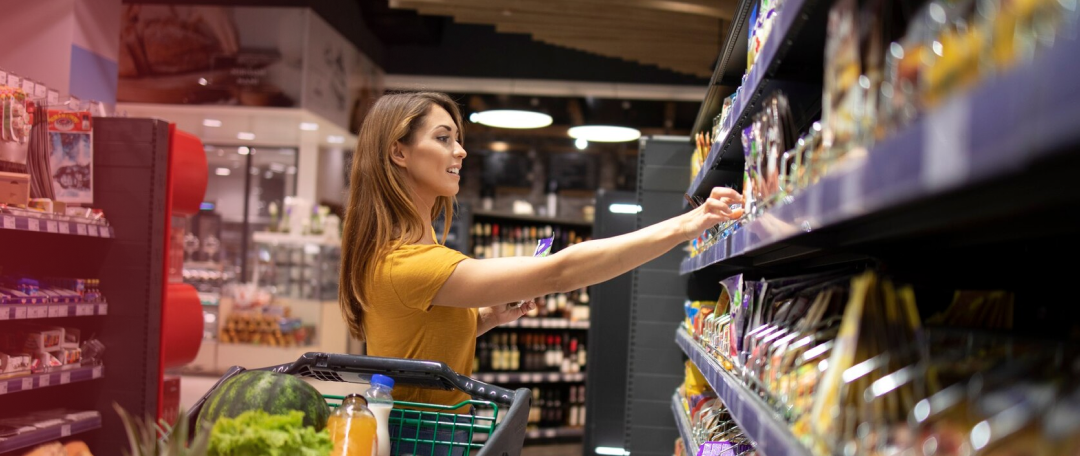Retail therapy may be one of the most indulgent forms of “therapy” amongst shoppers, with food and beverages leading the list by 42%. While it may be fun for the customers, retailers on the other hand are running back and forth to manage inventory. It’s a real challenge when overstocking fresh produce, leading to waste, or understock which results in missed sales opportunities.

This is not just a logistical headache for store owners but also a significant environmental concern. Globally, it’s estimated that up to one-third of all food produced is either lost or wasted. This staggering statistic underscores a critical need for innovation in how we predict and manage the shelf life of food products. Here’s where AI and data analysis comes into play through sales, storage conditions, and environmental data.
AI-led advancements present a major step forward in making supply chains more efficient. With more accurate shelf life predictions, stores can dramatically improve resource efficiency and reduce waste, making the food retail industry more sustainable and environmentally friendly.
AI in Food Science & Advanced Analytics for Inventory Optimization
Machine Learning for Replenishment
AI and Machine learning algorithms dive deep into historical sales data, weather patterns, and social trends to predict demand with unprecedented accuracy. Such precision enables retailers to strike the optimal balance in their inventory to ultimately avoid overstocking or understocking.
Predictive Analytics for Shelf Life
Predictive analytics consider factors like temperature and humidity to estimate how long food products will maintain their quality. This foresight allows retailers to manage their inventory more effectively, ensuring customers have access to fresher and higher-quality products. Moreover, it also enhances the shopping experience through improved order and storage strategies. Predictive analytics for customer behavior also allow retailers to determine the demand for particular products.
Technical Perspectives on AI’s Disruption in Retail
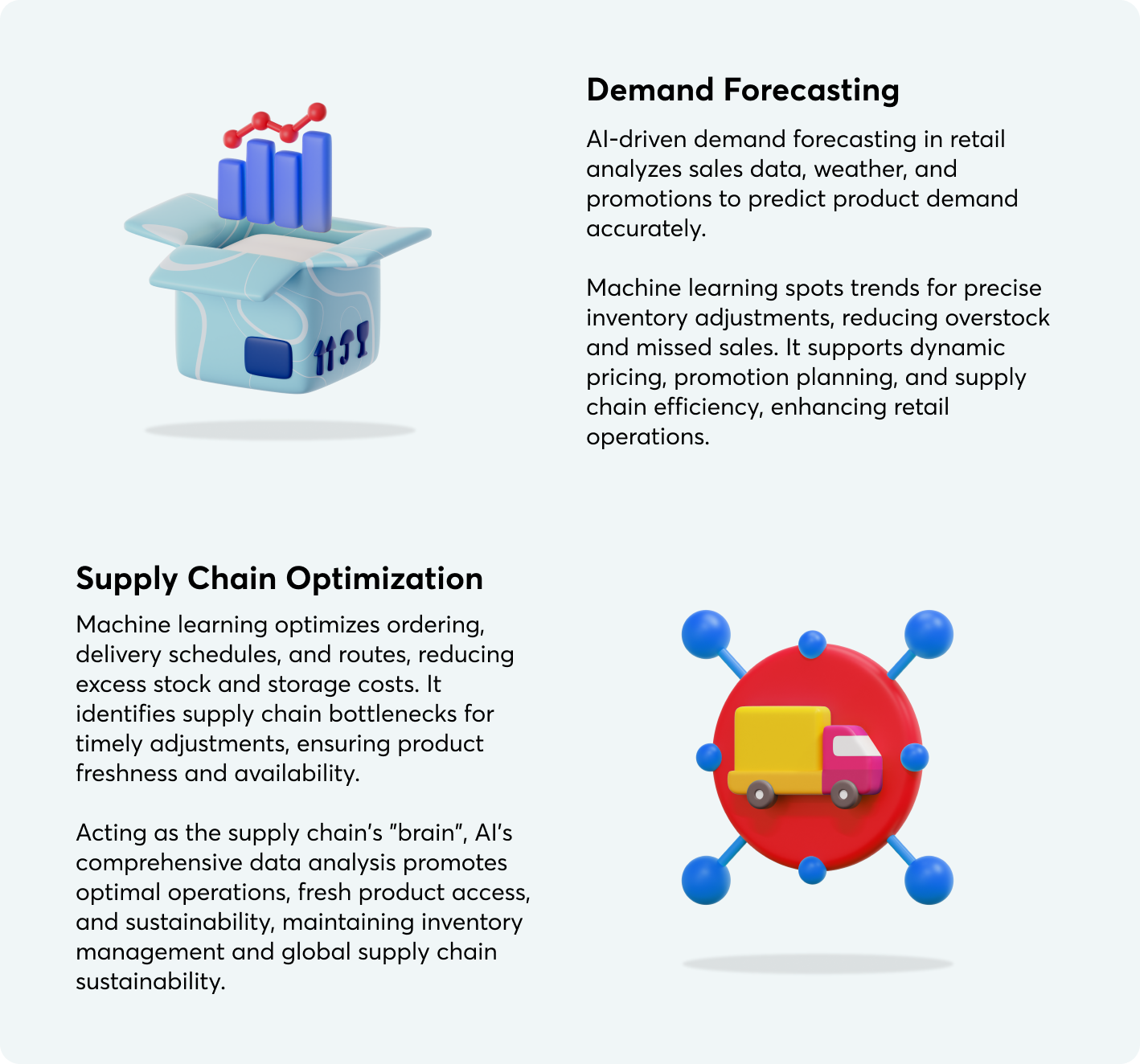
AI’s Impact on Enhancing Food Shelf Life and Reducing Problems in the Food Industry
Companies such as OneThird and Strella Biotechnology are leveraging artificial intelligence (AI) to resolve these challenges. OneThird introduced high-tech handheld scanners and AI-powered cameras, to accurately assess and predict the shelf life of perishable goods.
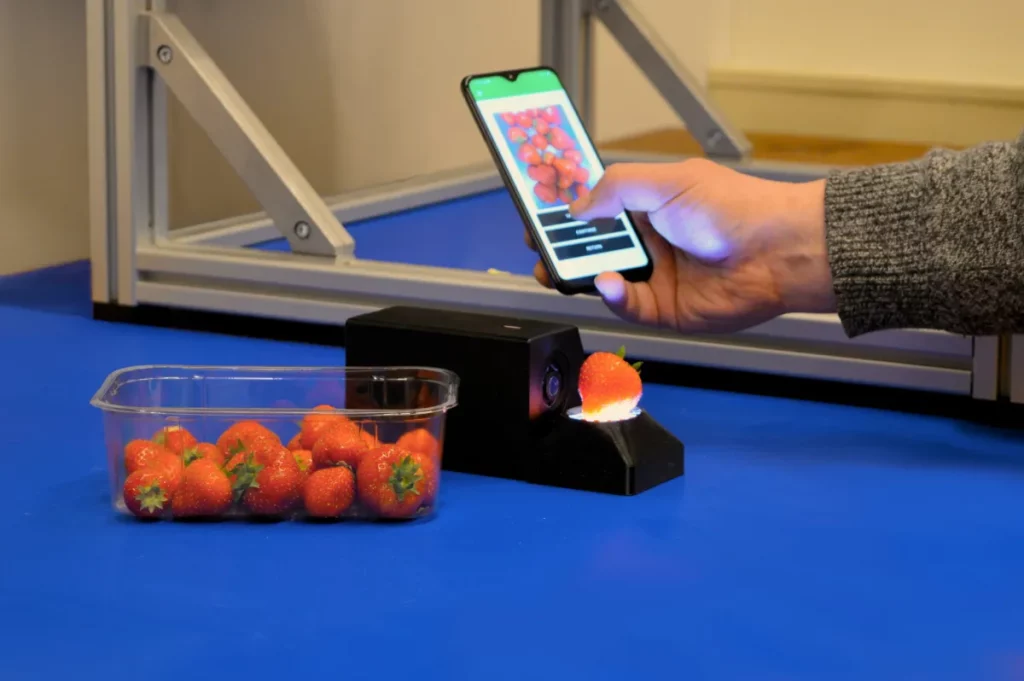
This not only aids in curtailing food waste but also ensures that consumers can enjoy the lasting freshness of the goods purchased. By providing detailed insights into the expected shelf life of fruits and vegetables, OneThird empowers consumers by arming them with the knowledge to make informed decisions. It will help optimize purchases for short-term and long-term consumption based on freshness and expiry dates, enhancing their overall shopping experience and satisfaction.
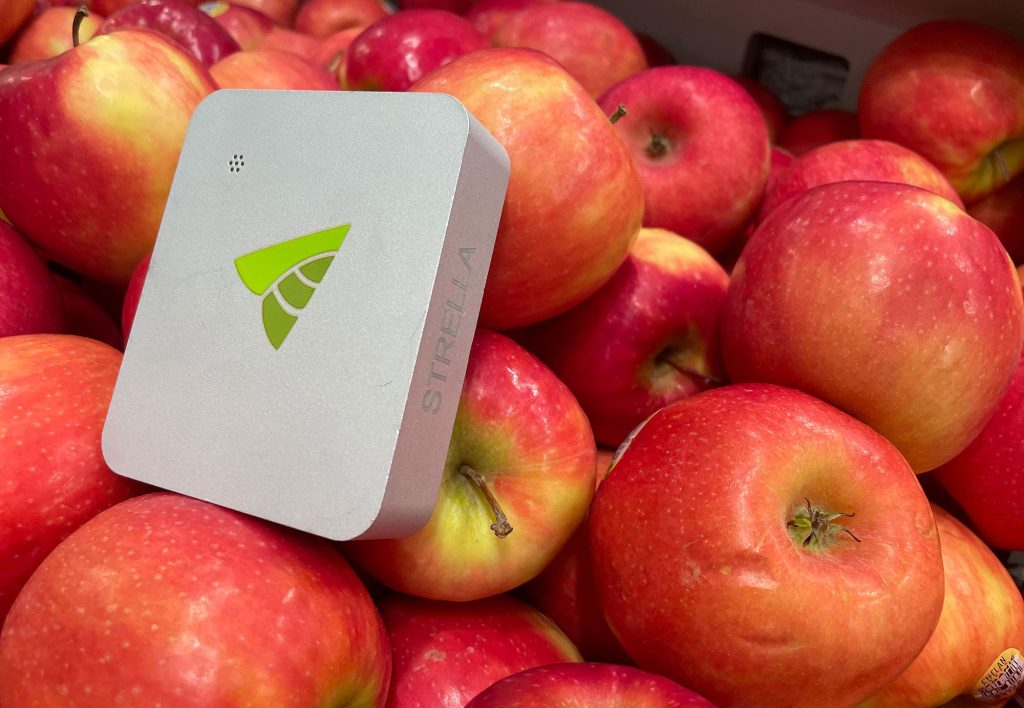
Strella Biotechnology, on the other hand, employs a distinct yet complementary approach by focusing on ethylene monitoring. Ethylene gas is a natural plant hormone that plays a pivotal role in the ripening process of many fruits and vegetables. Strella’s sensors offer real-time data on the maturity of produce, a feature that equips retailers with the necessary information to make more accurate decisions regarding stock levels.
How are Leading Companies Using AI in Food Waste Management?
Walmart and Kroger are two retail giants that have integrated AI into their operations, particularly in inventory management.
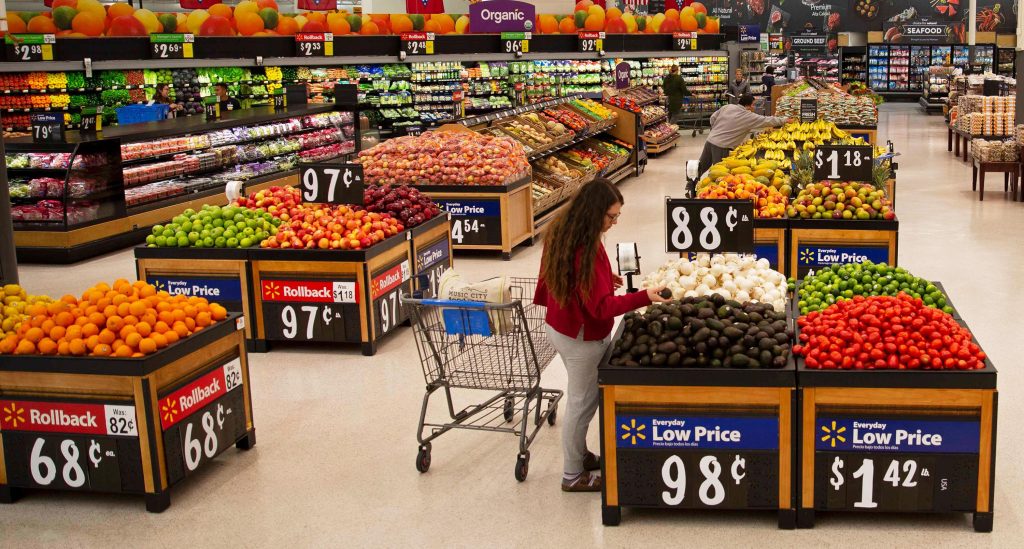
Walmart has implemented ‘Eden‘, a machine learning algorithm to assess produce quality and freshness, aiming to reduce food wastage significantly. By digitizing USDA standards and utilizing historical produce photos, Eden has enabled Walmart to save $86M in food waste within six months post-launch, with projected savings of $2B over five years. This initiative highlights the potential of AI in enhancing inventory management and improving customer satisfaction in the food retail sector.
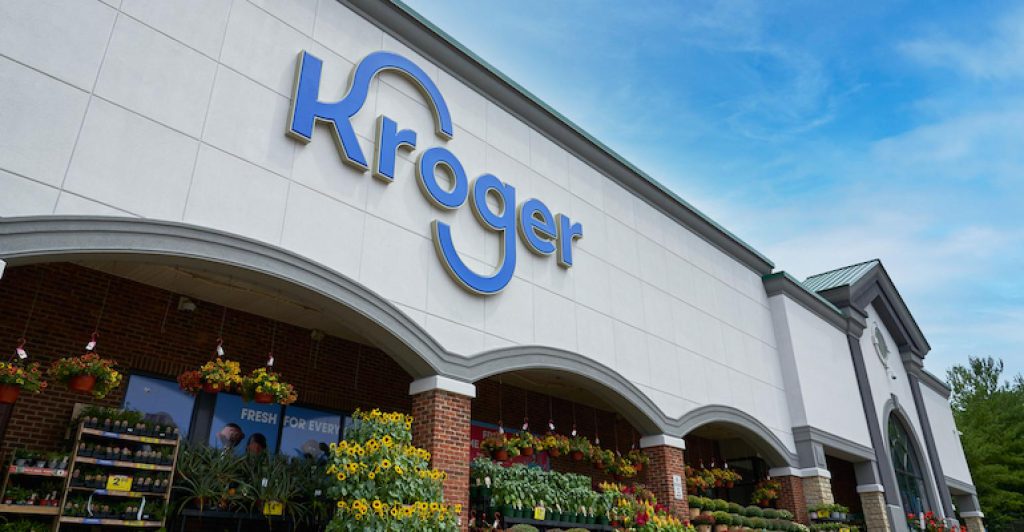
Kroger has teamed up with Ocado to leverage AI in transforming its warehouse automation and logistics. This collaboration aims to refine stock management and minimize waste by utilizing AI to forecast demand with greater accuracy and dynamically adjust inventory levels. The outcome is an improvement in operational efficiency and customer satisfaction, as products are more readily available when needed, without excess stock. This initiative represents a significant step forward in using technology to address the challenges of modern retail logistics.
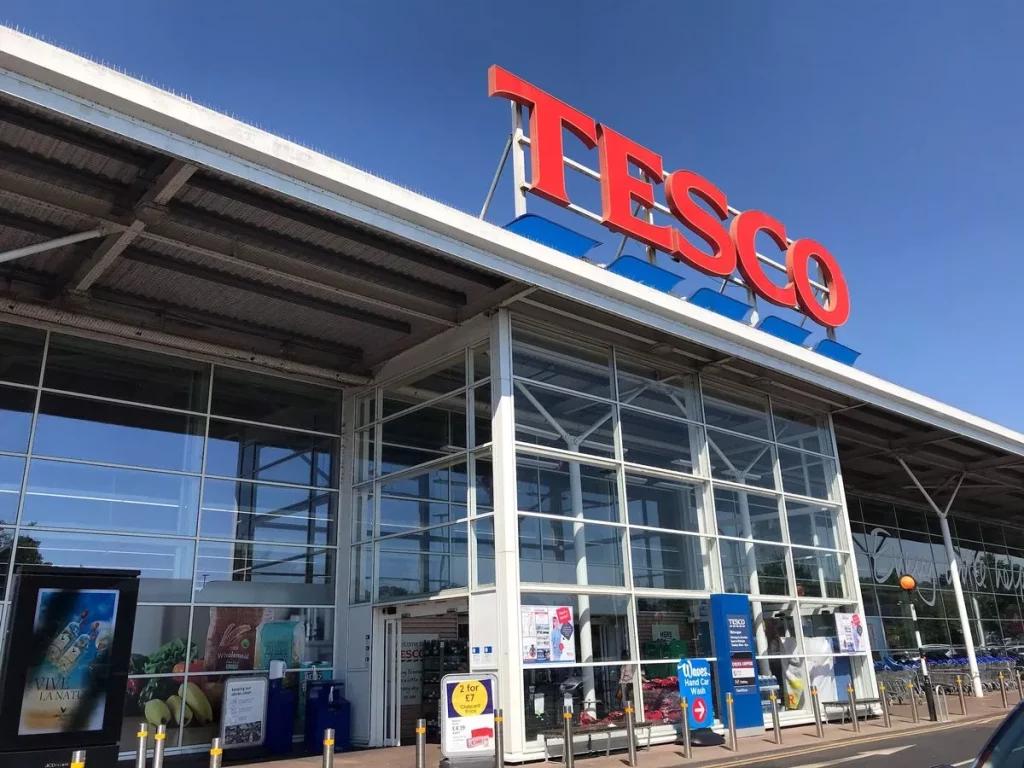
Tesco, a leading UK retailer, has taken significant strides in employing artificial intelligence (AI) to adjust orders and manage inventory, specifically targeting the reduction of waste. This AI-driven initiative is part of Tesco’s broader commitment to sustainability and responsible resource management.
By analyzing various factors such as sales patterns, and real-time shelf life data, Tesco’s AI system aims to predict the demand for perishable goods with high accuracy. It thereby ensures that the right amount of stock is ordered and maintained. Through this sophisticated approach, Tesco has successfully cut 200,000 tonnes of food waste from their combined operations.
The continued impact of AI in the food industry
The scope of AI in retail points towards significant improvements in managing perishable goods, and enhancing customer experiences. As retailers look ahead, integrating AI solutions, like those offered by VentureDive, becomes essential. VentureDive’s AI services are designed to help tackle these challenges effectively to transform your retail operations and meet evolving market demands efficiently.
